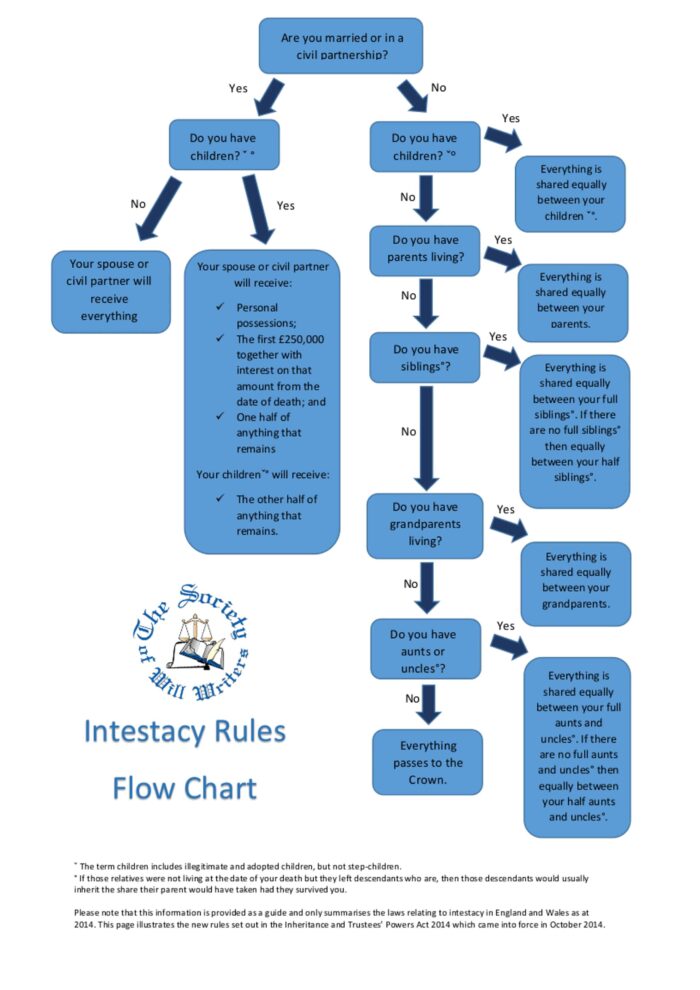 Cost of Living: Crisis or Increase?
Previous post
Cost of Living: Crisis or Increase?
Previous post
The Return of the Tracker Mortgage
Next post



